Why the fuss about German Christmas markets? Surely they’re just schmaltzy shanty towns, full of stuff you’d never dream of buying at any other time? This tends to be my point of view until Advent… when I yearn to be back in Germany. Its motor industry may be mired in scandal, its football team may have lost to Ireland (Ireland!) but at least Christmas is one thing my cousins still do best.
Already a subscriber? Log in
Subscribe for just $2 a week
Try a month of The Spectator Australia absolutely free and without commitment. Not only that but – if you choose to continue – you’ll pay just $2 a week for your first year.
- Unlimited access to spectator.com.au and app
- The weekly edition on the Spectator Australia app
- Spectator podcasts and newsletters
- Full access to spectator.co.uk
Or
Unlock this article
You might disagree with half of it, but you’ll enjoy reading all of it. Try your first month for free, then just $2 a week for the remainder of your first year.

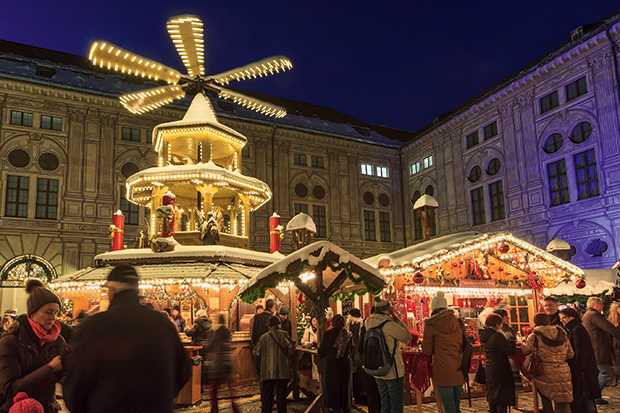
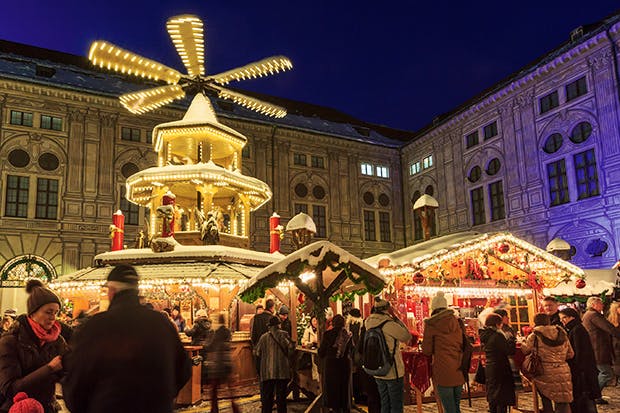
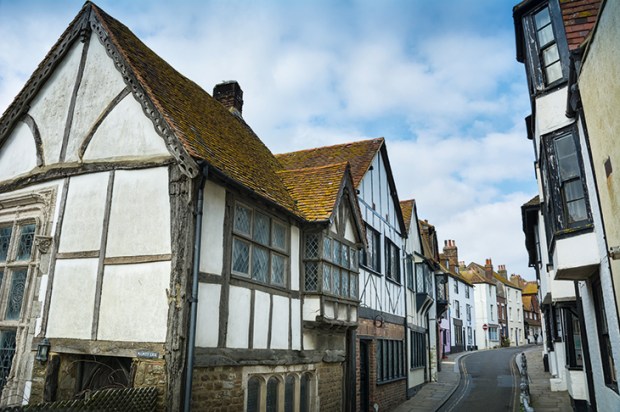
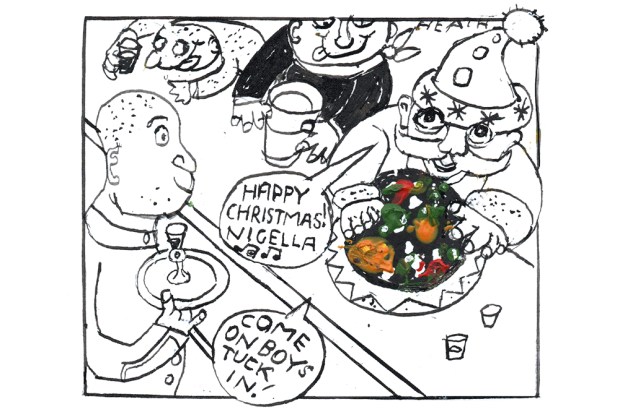
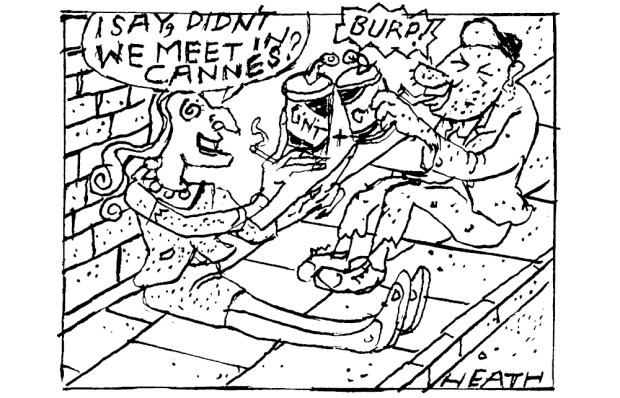








Comments
Don't miss out
Join the conversation with other Spectator Australia readers. Subscribe to leave a comment.
SUBSCRIBEAlready a subscriber? Log in